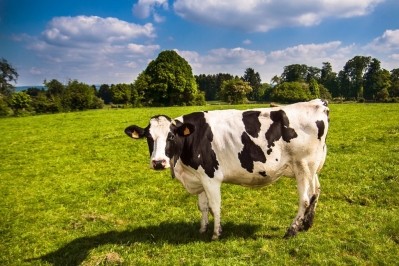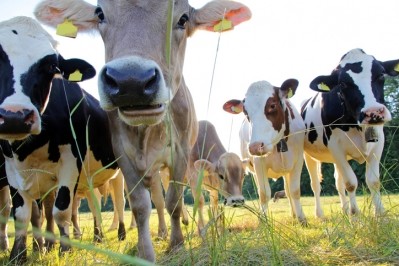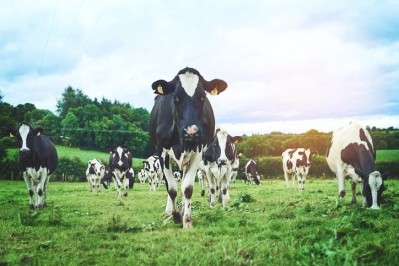Animal nutrition continues to deliver for DSM

“Animal nutrition continues to benefit from its strong position in higher growth, well diversified, premix solutions activities through its ability to address a wide range of species, as well as its diversified geographic presence.”
Volumes for the animal nutrition business showed 4% growth, achieved against a tough prior year, said the company.
Conditions in almost all regions were favorable in 2018, it said. Sales to Brazil were softer due to temporary shutdowns, mainly caused by strikes in Q2, said DSM. Prices in the underlying business increased by 4% driven by pricing initiatives to mitigate higher costs of sourced ingredients and the impact of negative exchange rate developments, said the feed additives producer.
Prices were also supported by the effects of the Chinese government’s new environmental strategy – known as the Blue Skies policy - to tackle air pollution, reported DSM. To address that policy proactively, it shut down its vitamin C plant in Jiangshan, for several months in mid to late 2018 in an effort to make production at the facility more environmentally sustainable and efficient.
In other sustainability related moves, the company reported significant progress in terms of its fish oil replacement joint venture with Evonik, called Veramaris, during 2018. Norwegian salmon farmer, Lingalaks, is using the oil substitute to replace fish oil in feed for 50% of its salmon stock.
The Dutch group also noted advances in Project Clean Cow; it said it has collated the data needed to file for regulatory approvals in its targeted launch markets for a feed additive aimed at dramatically reducing methane emissions from cattle.
Fourth quarter, 2019 outlook
The company said Q4 2018 saw continued good business conditions for animal nutrition sales in all markets.
The impact from African Swine Fever (ASF) in China and Eastern Europe was largely mitigated by strong growth elsewhere and DSM's strong foothold in species beyond pigs.
The Dutch company's adjusted earnings before interest, taxes, depreciation, and amortization (EBITDA) grew 26% overall in 2018, in line with its own expectations, aided by supply issues at competitor BASF that caused a huge increase in vitamin A and E prices in the first nine months of the year.
In terms of outlook, DSM said it expects ‘mid-to-high single-digit growth’ for its core profit this year.


















